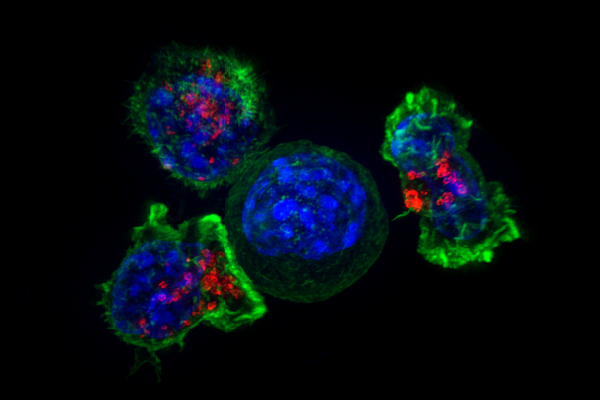Childhood cancer survivors more likely to experience sleep problems as adults

Preliminary results from a study of childhood cancer survivors show that they are more likely to experience sleep problems and daytime sleepiness as adults, and those who report poor sleep have a greater likelihood of persistent or worsened emotional distress.
Sleep disorders are related to emotional and physical health in the general population, but research in survivors of childhood cancer is limited. This study characterized sleep behaviors in adults who had survived childhood cancer and examined associations among sleep, cancer diagnoses, treatment exposures, and emotional functioning.
Results show that cancer survivors were more likely than siblings to report sleep problems as adults. After adjustment for age, survivors were 31 percent more likely to report daytime sleepiness and 26 percent more likely to have poor "sleep efficiency," which represents the percentage of total time in bed spent asleep. Relative to survivors without distress, survivors who developed emotional distress from baseline to follow-up evidenced poor sleep efficiency, restricted sleep time, fatigue, daytime sleepiness, snoring, and frequent use of sleep medications or sleep aids.
"Our results indicate that for survivors of childhood cancer who reported sleep problems, there is a greater likelihood of worsening or persistent psychological distress," said lead author Lauren Daniel, Ph.D., an assistant professor of psychology at Rutgers University-Camden in New Jersey. "Thus, addressing disrupted sleep in these survivors may improve long-term psychological functioning."
The study involved 1,933 childhood cancer survivors enrolled in the Childhood Cancer Survivor Study, 50.8 percent of whom were female. Participants had a mean age of 35 years and a mean time since diagnosis of 23.5 years. The study also involved 380 siblings with a mean age of 33 years. Both groups completed sleep quality (Pittsburgh Sleep Quality Index), fatigue (Functional Assessment of Chronic Illness Therapy-Fatigue), and sleepiness (Epworth Sleepiness Scale) measures. Emotional functioning was assessed about 8 years before and 2 years after the sleep survey.
According to Daniel, the results emphasize the importance of addressing sleep problems in cancer survivors.
"Sleep is quite amenable to behavioral interventions, said Daniel. "Efforts that improve sleep may improve both health and quality of life in long-term childhood cancer survivors."
The research abstract was published recently in an online supplement of the journal Sleep and will be presented Monday, June 4, in Baltimore at SLEEP 2018, the 32nd annual meeting of the Associated Professional Sleep Societies LLC (APSS), which is a joint venture of the American Academy of Sleep Medicine and the Sleep Research Society.



















